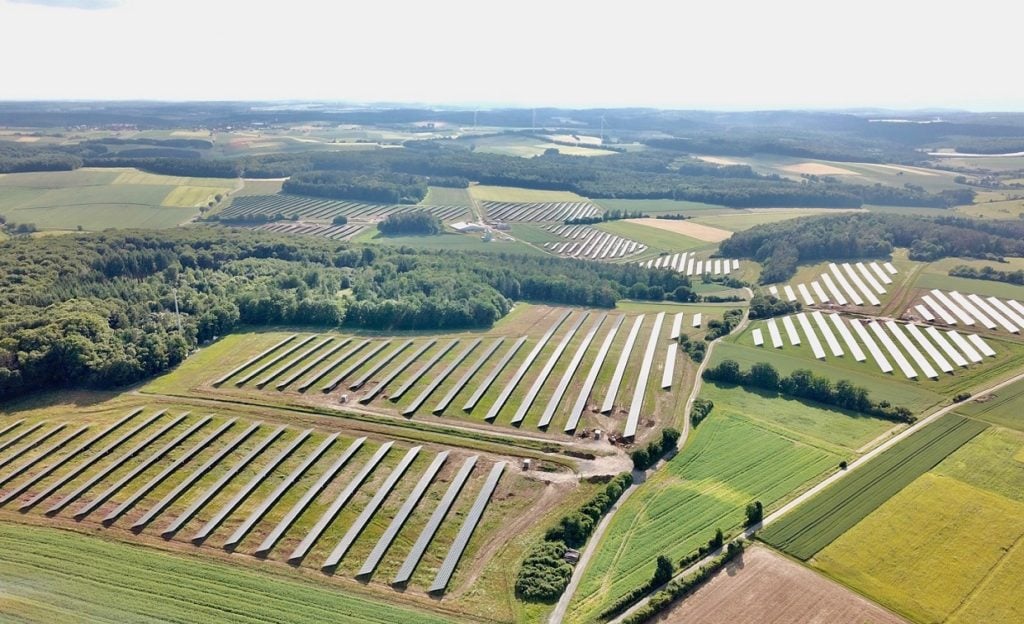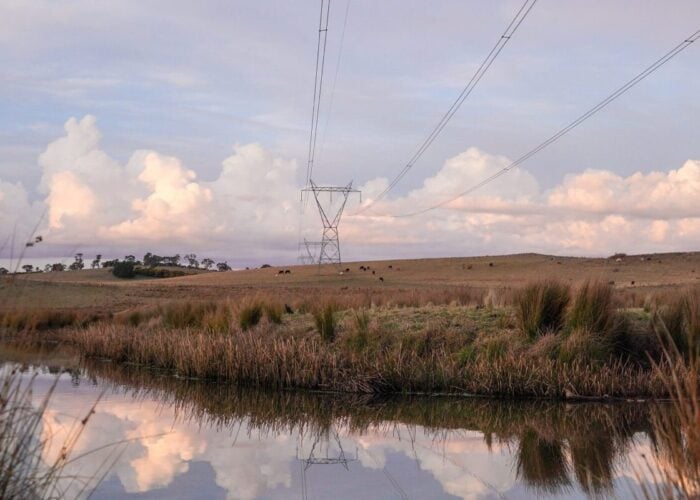
Germany’s government is planning to slash red tape for new renewables projects as part of a new package of measures that will see the country’s already ambitious solar deployment targets be raised even further.
The so-called ‘Easter package’, approved by Germany’s cabinet this week, includes a target of reaching 215GW of solar installed by 2030, up on the coalition government’s previous 200GW aim. As of year-end 2021, the country had 59GW of deployed solar.
Try Premium for just $1
- Full premium access for the first month at only $1
- Converts to an annual rate after 30 days unless cancelled
- Cancel anytime during the trial period
Premium Benefits
- Expert industry analysis and interviews
- Digital access to PV Tech Power journal
- Exclusive event discounts
Or get the full Premium subscription right away
Or continue reading this article for free
To reach that goal by the end of the decade, Germany will need to install an average of 22GW of solar each year. By comparison, 5.2GW was added last year.
Minister for economic affairs and climate action, Robert Habeck, described the package as a renewables accelerator that will help Germany to almost double the share of renewable energy in electricity consumption in less than a decade.
“On the one hand, the climate crisis is coming to a head. On the other hand, Russia’s invasion shows how important it is to phase out fossil fuels and promote the expansion of renewables, he said.
The package calls for at least 80% of German electricity consumption to come from renewable sources by 2030.
To reach that goal, the government aims to streamline renewables permitting, make more land available for solar and increase auction volumes. In addition, the grid will be updated to accommodate the new renewables capacity, while a framework to support the rooftop solar sector will also be improved.
According to a draft of the legislation, after reaching 215GW in 2030, Germany’s installed solar capacity would be 309GW in 2035 and 400GW in 2040.
The country’s solar trade association the Bundesverband Solarwirtschaft (BSW) has welcomed the solar expansion targets, but said they now need to be backed up politically. “Instruments for achieving the target are still inadequate,” the BSW said.
Simone Peter, president of renewable energy association BEE, said the new solar targets “can only be achieved if the government makes self-supply and direct supply with solar power significantly more attractive and provides sufficient site areas for solar parks”.






